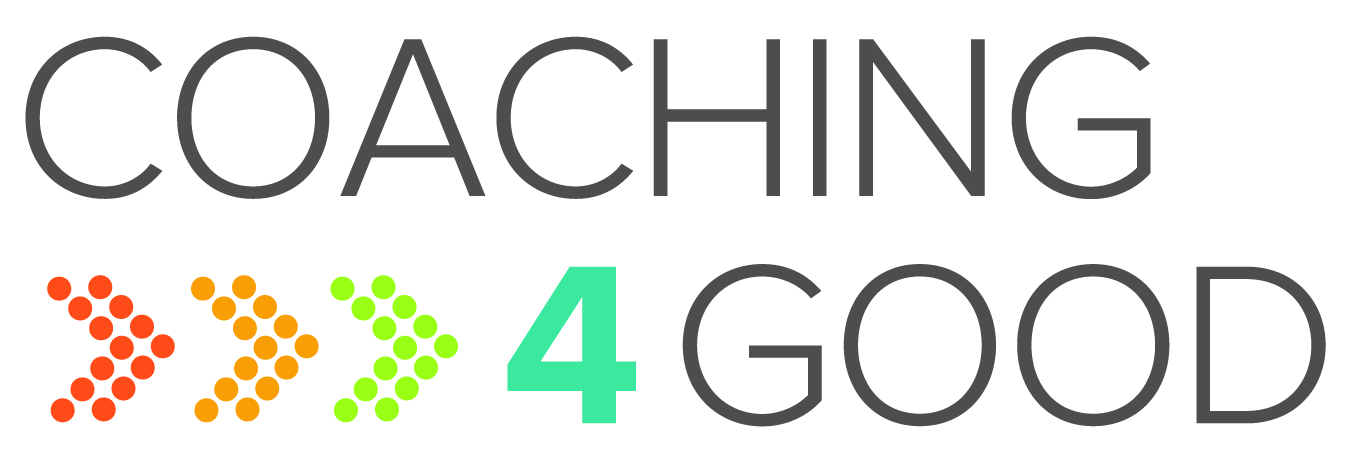
A while back, I attended a webinar hosted by Zenger Folkman on 
They focused their research on company leaders who are laid off, but I believe many of these factors are applicable to individuals at other levels in the organization looking to avoid getting laid off.
In case you are thinking, “I just got a great review, I don’t have to worry,” please note: good performance ratings or feedback may not save you when it comes to hard decisions regarding layoffs. It isn’t always the ‘Needs Improvement’ individuals who get let go!
The research identified six key factors in leaders who were laid off. To avoid getting laid off, you’ll want to avoid these:
1. Losing Supporters
They lost support from one or more individuals who championed them. Who is going to stand up for you when your name is on the workforce reduction list? Who will say, “we need to keep this person”? Your manager? Your mentor?
Action item: Network with co-workers so they understand the contribution you make. You may be delivering great results but it’s a problem if you are the only one who knows this to be the case. Sometimes we assume that people know all the great things you do, but you need to be your own best advocate.
2. Not Being Strategic, Only Operational
Leaders whose jobs were eliminated typically were not viewed as strategic. They were either operations-oriented or just couldn’t lead the organization. They were too focused on day-to-day issues and couldn’t look out into the future. You might actually be a strategic thinker and have many strengths in this area but if you are not viewed as strategic by others, then that is the reality.
Action item: Understand how you are viewed and what your reputation is. Then determine how you can shift those perceptions and show that you are a strategic thinker in your specific role? Determine how you can pull yourself out of the day-to-day, look to the future, and move in that direction.
3. Questionable Ethics and Integrity
If you demonstrate questionable ethics, those actions will often override your strengths, expertise, or strategic nature. This is especially true when hard choices need to be made about who to keep and who to let go.
Action item: Ask yourself a hard question: are you taking risks or making unethical decisions? Many individuals in leadership are risk-takers but the valuable people balance those risks with integrity.
4. Failing to Produce Results
Failing to produce results includes missing deadlines, having difficulty taking ideas into action, or failing to achieve short and long term goals.
Action item: Review your goals for the year. Are you producing results towards those goals? Are you demonstrating regular progress? Regardless of how hard you are working, what is your impact? Are you spending your time on the right things? Are you delivering on your commitments? We can all fill our days by working hard, but it is more important to focus on what you are achieving.
5. Lack of Interpersonal Skills
These individuals may be tough to communicate with or work with or they simply do not fit with the company culture. These issues may have been tolerated if you demonstrated other skills while the company was doing well, but could lead to a layoff during bad times.
Action item: Perform a self-assessment. Are you difficult to work with? Do you have anger issues or display anger at work? Are you temperamental? Seek help on your communication or anger issues. Actively work to try to change then gather feedback from others and see if they notice a difference.
6. Resistance to Change
Adapting to change is a natural part of working for a good company. When things aren’t good, people who resisted organizational or personal change are viewed as obstacles that should go. These individuals are barriers to change, resist feedback on their work, or don’t want to learn new skills. Remember that oftentimes we are promoted because we did a good job in our current role. Once you are promoted to do a different role, the same behaviors you exhibited to gain the promotion might not be the right behaviors to be successful in this new job.
Action Item: Make a list of new skills you should learn and put a plan in place to gain those skills. Don’t just push this learning off until you have time. Additionally, ask for and respond to feedback. Don’t wait for formal channels like 360 assessments or annual reviews to get feedback from your peers, direct reports, or managers.
There’s no guarantee that you will survive a layoff or workforce reduction. However, you are not helpless, either. There are actions you can take to reduce the chance that you end up on the layoff list. Whether you are seeing signs of trouble at your company or not, now is a great time to start!
For 1:1 support, contact one of our career coaches today!
This article was originally published on October 20, 2013, and has been updated.
Amy Wolfgang
Amy Wolfgang is a career coach who founded Wolfgang Career Coaching and co-founded Coaching 4 Good. She brings over 15 years of corporate and coaching experience to help organizations boost employee engagement while simultaneously helping her clients excel in their careers. She is a certified PCM (Professional Career Manager) and has a Master’s degree in Educational Psychology from The University of Texas at Austin.








Stay In Touch